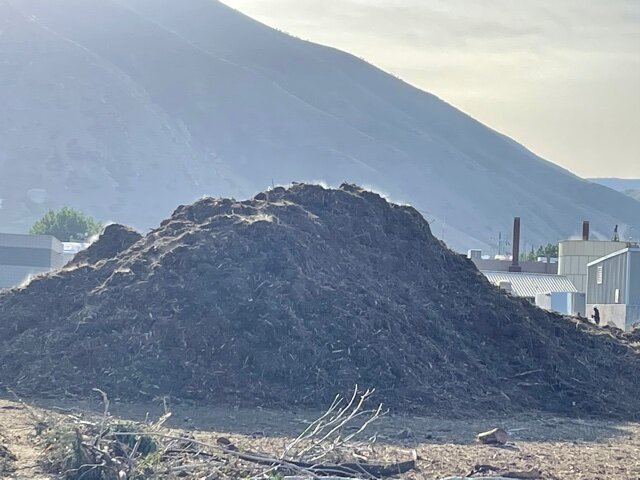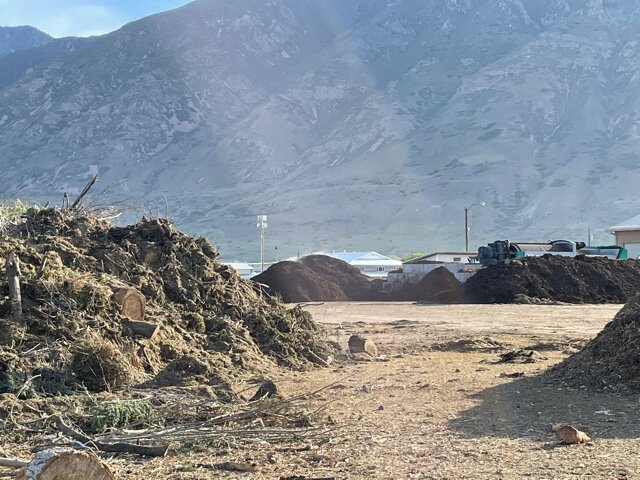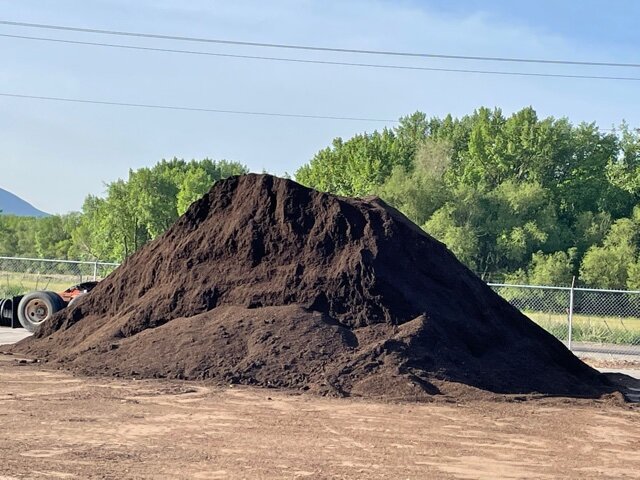Composting
Any natural, organic matter, like leaves, grass clippings, fruit and vegetable scraps, can be made into compost. Anything that grows will eventually decompose. When we set up a compost box or bin, we are simply helping nature speed up the process of decomposing. After we pile up the organic matter, and let all the worms, bugs, fungi, and bacteria do their work, we end up with compost. Compost often ends up looking like very rich soil. So rich that it has the nickname, “black gold”.
The city that I live in has a really good set up for composting our yard waste. After I finish mowing the lawn and clipping the bushes and other vegetation, I can haul it down to the compost yard free of charge. Every day the pile grows larger and larger with yard waste and eventually is sent through a huge shredding machine. The organic material has a “sludge” from the next door facility, the water treatment plant for human waste. Yep… poop is then spread on top the shredded up yard waste. After time, the plant based material starts to decompose and the pile of compost actually starts to steam from the heat generated from composting. After the “black gold” is ready, you can then purchase the compost at $20 a yard (one scoop into your pickup truck bed).
Composting has many benefits.
You enrich your soil with nutrients
Your flowers and vegetables are healthier
Reduces the need for chemical fertilizers
Recycle kitchen and yard waste
Reduces landfill waste
Overall, it’s good for the environment.


